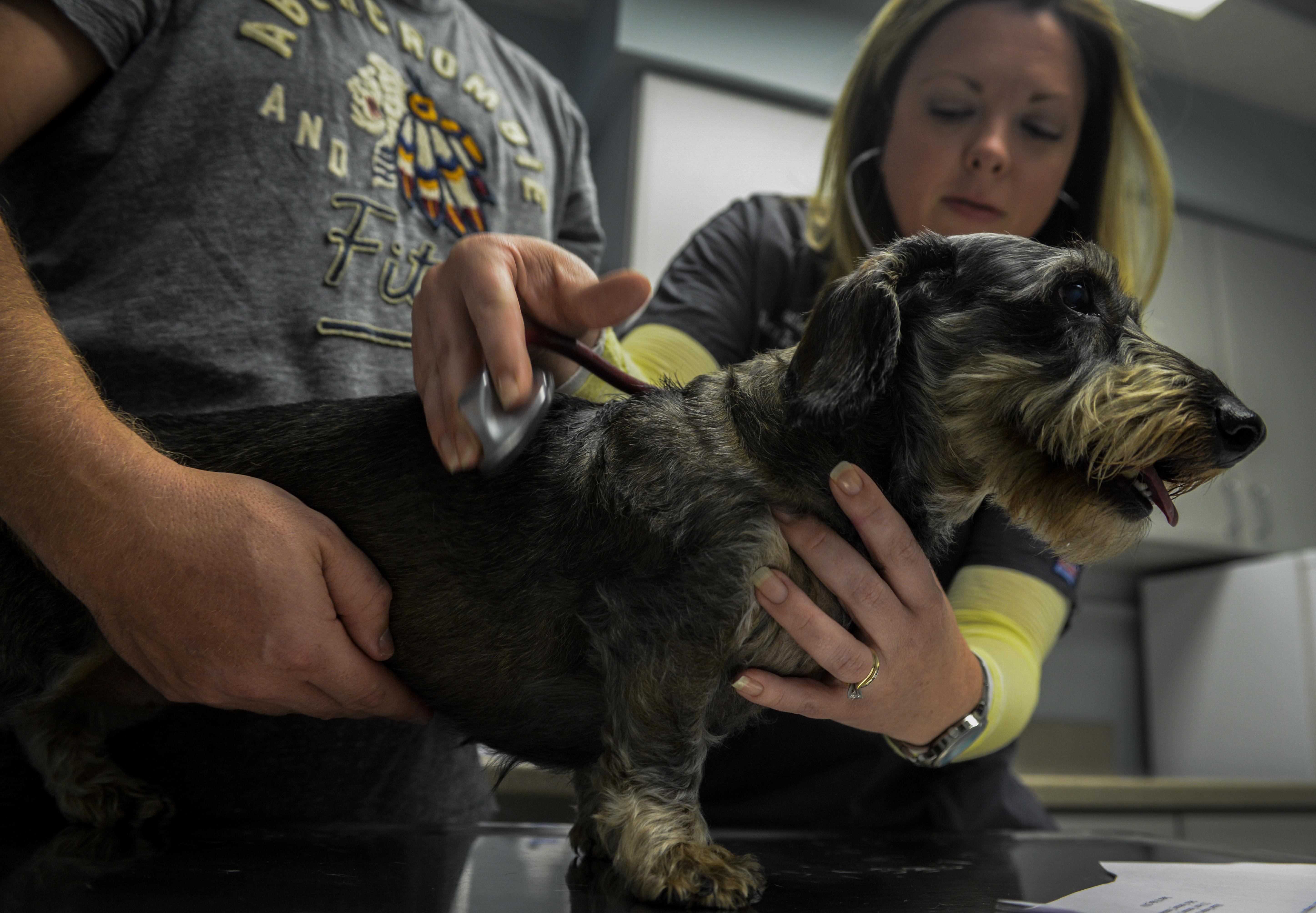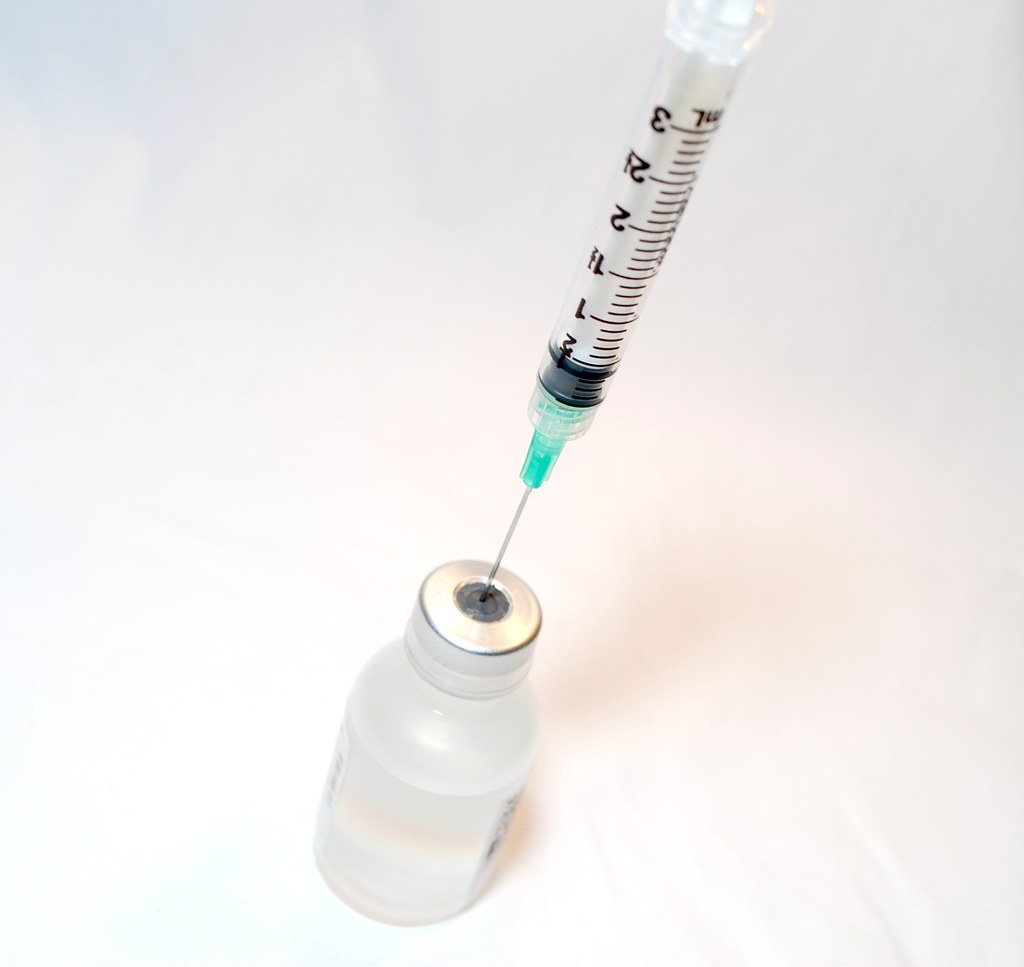The Benefits of Titer Testing
Vaccine Titers and Your Pets
There’s a growing trend toward treating diseases naturally throughout the world – for both people and their pets. One of these natural health treatments involves vaccination. One school of thought states that vaccines confer total immunity to many conditions with minimal side effects. The opposition believes that many of the materials used to create vaccines, such as heavy metals, etc. lead to a laundry list of secondary problems. The purpose of this article isn’t to discuss the merits or disadvantages of 
What does a titer measure?
When a pathogen enters your body, such as bacteria, your immune system recognizes that it is an invader and creates anti-bodies and many other cellular defenses to attack and eliminate it. This is the premise by which vaccinations work. The goal is to introduce weak forms of a pathogen to your body so that it stimulates an immune response without causing the disease. Therefore, after a vaccination we should be able to measure blood levels for certain anti-bodies and see if they are adequate. This is what titer testing does. For example, if your pet gets a rabies vaccine we should be able to test it in 6 months and see if there is still a high level of antibodies in circulation. Pretty cool, right?
The controversy of vaccination
 At first glance, it seems like vaccines are a genius way of getting ahead of diseases before they have a chance to attack. However, it is thought that the extra preservatives and other chemicals in a vaccine may trigger side effects. That is not necessarily unreasonable since many heavy metals are toxic for the body. Therefore, it would be great if there was a way to determine if an animal has sufficient anti-body levels without having to possibly inject a vaccination. This is where blood titers come in.
At first glance, it seems like vaccines are a genius way of getting ahead of diseases before they have a chance to attack. However, it is thought that the extra preservatives and other chemicals in a vaccine may trigger side effects. That is not necessarily unreasonable since many heavy metals are toxic for the body. Therefore, it would be great if there was a way to determine if an animal has sufficient anti-body levels without having to possibly inject a vaccination. This is where blood titers come in.
The potential benefit of blood titers
Early in a pet’s life they will receive a number of vaccines such as rabies, distemper, etc. This will boost their immune system and prepare them for these diseases. Usually, a booster will be required a year or so later to keep the anti-body level up. This is where the potential for a titer comes in. Rather than injecting your pet unnecessarily with potentially harmful chemicals, we can run a titer test. If the blood levels come back sufficient, then in theory we do not need a booster. This reduces the risk of any possible side effects of a vaccine while also determining that our pet is still resistant to these diseases. There is one downfall, however, and that is the price. A titer can run $40 to $200 – significantly more than the typical cost of a vaccine.
The debate is still raging when it comes to the efficacy and potential side effects of vaccines. However titers serve as a way to minimize any potential risk while also reaping the purported benefits. Anti-body titers appear to be a middle ground solution that both ideologies can agree with. Want to learn more? Ask your veterinarian about titers during your pet’s next regular check-up.










Leave a Reply
Want to join the discussion?Feel free to contribute!